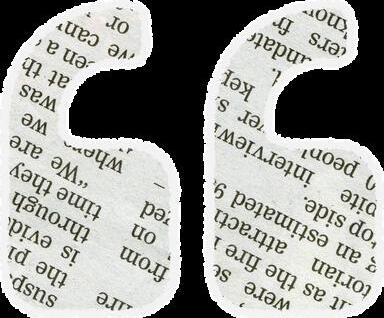
1 minute read
Some ofyou Some ofyou askedforless askedforless texthere texthere so.... so.... We are We are going going to give to give you some you some space space
from Summit #5
exploringthegreat unknowns...

Advertisement

Happy March! We can all sense that spring is in the air but the month of March also welcomes the vernal equinox, the return of Daylight Saving Time, and symbolizes new growth, new endeavors and therefore exploration!
NASA has long been regarded as a world leader in space exploration, so we are thrilled to welcome Tom Hoffman (Project Manager of NASA´s Jet Propulsion Laboratory) as our next virtual summit guest!
As a 30 year veteran of NASA, he has supported many flight projects throughout the solar system and beyond, including work on the Voyager project for its encounter with Neptune, the STARDUST Discovery mission (which was the first mission to capture return comet dust), the GRAIL Discovery mission to the Moon, and the twin Mars Exploration Rovers (aptly named Spirit and Opportunity)! We will be diving deeper into the continuous curiosity that drives such exploration, how he and his team can find comfort in the unknown, and how they manage through failure. Surprisingly, even with the greatest minds planning and analyzing every detail, failures are an expected part of the process at NASA, though they come with a hefty price tag!
Humans are driven to explore the unknown, discover new worlds, push the boundaries of our scientific and technical limits, and then push further.
NASA, on why they explore.
You may have heard that we are all made of stardust. In fact, 97% of the human body consists of stardust, claim scientists who have measured the distribution of essential elements of life in over 150,000 stars in the Milky Way galaxy.
Not only does that mean we are all connected, but it also reveals our inner ability to shine.
Think about how your inner light is fueled. In what instances do you feel yourself shining? Get specific with the details surrounding that instance, then consider whether you could carry that light through to less comfortable settings?
Lastly, reflect on how you could help others fuel their stars. Consider the impact of a collective group of stars all brightening their light by just 5%. Imagine what we could see.
Riddle
I surround you but I'm not clothes. I am everywhere but I don't take up space. I'm not always here, yet you can use a man-made form of me. I can go through glass but the glass will look just the same. What am I?
Q: Why did the moon not eat dinner?
A: Because he was full

